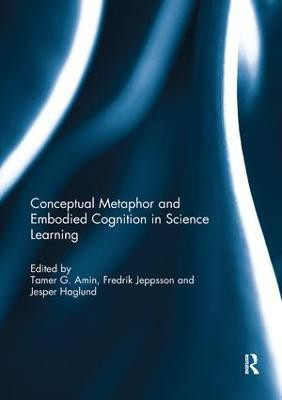Conceptual metaphor and embodied cognition in science learning(English, Paperback, unknown)
Quick Overview
Product Price Comparison
Scientific concepts are abstract human constructions, invented to make sense of complex natural phenomena. Scientists use specialised languages, diagrams, and mathematical representations of various kinds to convey these abstract constructions. This book uses the perspectives of embodied cognition and conceptual metaphor to explore how learners make sense of these concepts. That is, it is assumed that human cognition - including scientific cognition - is grounded in the body and in the material and social contexts in which it is embedded. Understanding abstract concepts is therefore grounded, via metaphor, in knowledge derived from sensory and motor experiences arising from interaction with the physical world. The volume consists of nine chapters that examine a number of intertwined themes: how systematic metaphorical mappings are implicit in scientific language, diagrams, mathematical representations, and the gestures used by scientists; how scientific modelling relies fundamentally on metaphor and can be seen as a form of narrative cognition; how implicit metaphors can be the sources of learner misconceptions; how conceptual change and the acquisition of scientific expertise involve learning to coordinate the use of multiple implicit metaphors; and how effective instruction can build on recognising the embodied nature of scientific cognition and the role of metaphor in scientific thought and learning. The volume also includes three extended commentaries from leading researchers in the fields of cognitive linguistics, the learning sciences, and science education, in which they reflect on theoretical, methodological and pedagogical issues raised in the book. This book was originally published as a special issue of the International Journal of Science Education.


